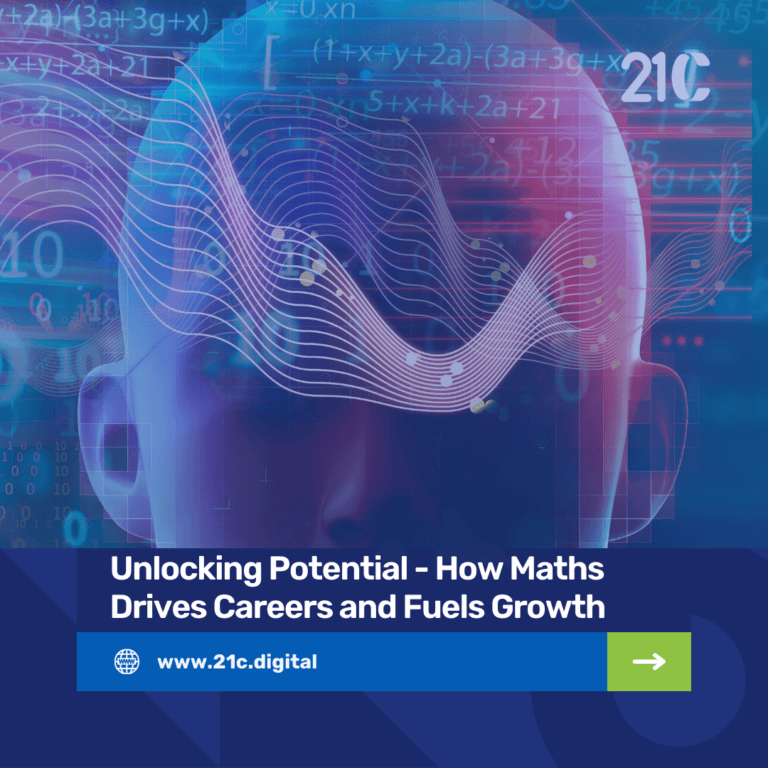Over the weekend, I have read that a prominent exam board are piloting a new Maths qualification. It aims to address the issue that much Maths education is seen as outdated and irrelevant for today’s world of tech at your fingertips. I am wholly in favour of keeping teaching and learning anchored in real life contexts. Pedagogically this is sound as it gives students a hook to build their understanding.
My reflections on this article are two-fold.
First, although current GCSE schemes of learning contain some more abstract concepts, the best teachers always root these concepts in real-life. For example, I have used Pythagoras and trigonometry this weekend to create an accurate template for a large triangular window so that I can get an exact covering made for it. Maths is still needed in the 21st Century and teachers should be making this clear at every step. Whether the examinations themselves are sufficiently relevant is another issue, but exams must also cater for those who aim to become accountants, architects or engineers.
Second, Maths courses that are focused on real-life scenarios are not easier, although they are often perceived as such. One of the biggest difficulties I see in students is that they don’t understand the mathematical language in questions. Calculators may take away some of the need for arithmetic, but students must know what type of calculation they are doing, and if their answer is reasonable or not. Contextual Maths is not easier; it is different.
GCSE Maths pass rates in the UK are too low at around 60%, resit pass rate is woeful at around 18% of resitters. Tailoring the teaching to the world our students inhabit is an obvious first step, and utilising our teachers to allow them to form the human connections with students is crucial.
At 21C School we provide a comprehensive platform to support and empower every Maths teacher, to help bridge the gap between the specification of GCSE Maths exams with the needs of a classful of students. Our aim is to equip every teacher with not only a huge range of resources, but to give them expert tools and structure to help deliver their lessons in the best way possible for their students, keeping it relevant, and leaving nobody behind.








